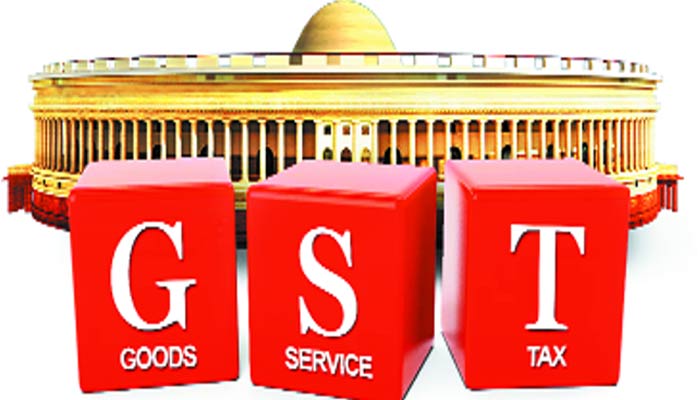TRENDING TAGS :
Three-day meet to work out crucial issues of GST to start today
New Delhi: A three-day meeting on Goods and Service Tax ( GST ) law, will start from Tuesday to work out the issues regarding tax brands and compensation formula for the new indirect tax regime. The government seems keen to make use of the meet to deal with the states so that it can push the bill in the winter session of Parliament (starting from November 16) and implement the GST law from next financial year (April 1, 2017).
Tax rate is being considered as the crucial point of discussion as it will have the bearing on the common man. A panel led by Chief Economic Advisor Arvind Subramanian, last year, had suggested 17 to 18 percent as the standard rate for bulk of goods and services. The panel had recommended 12 per cent for low rate goods and 40 per cent for luxury items namely cars, aerated beverages and tobacco products. It had recommended 2 to 6 per cent tax range for precious metals.
“The rate bands for essential and luxury goods is likely to be worked out at the meet,” stated a senior finance ministry official. He further said, “The meeting will also have a cautious discussion on the controversial issue of the Centre retaining power to assess 11 lakh entities who file service tax under the new tax law.” The decision regarding this, however, had been taken at the first meet of the GST council, he said, but there were at least two states that had disagreed on the proposal. “The states had said that they were against losing the power of assessment,” the official stated.
Also Read: All you need to know about GST..!!
Agendas of the meet:
The meet will focus on resolving the following crucial issues:
- Tax rate: The most important issue as the prices of goods and services that will come under GST are dependent on it. The key agenda is to arrive at a consensus on the rate that will be revenue neutral for the states and also should be agreeable by all the political parties.
- Compensation formula: The Bill seeks to provide full compensation to states for first five years of rollout of the GST regime. This came after the Select Committee of the Rajya Sabha had recommended 100 percent compensation for probable loss of revenue for five years in its report. According to the proposal of the government the 100 percent compensation to states was restricted to only first three years.
- Service tax assessment: The government had proposed that the power to assess the entities who file the service tax should remain with the Centre but at least two states have opposed it. They had said that they did not want to lose the authority of assessing the entities.
You may also read: With PM paying more attention, GST deadline may not be missed



